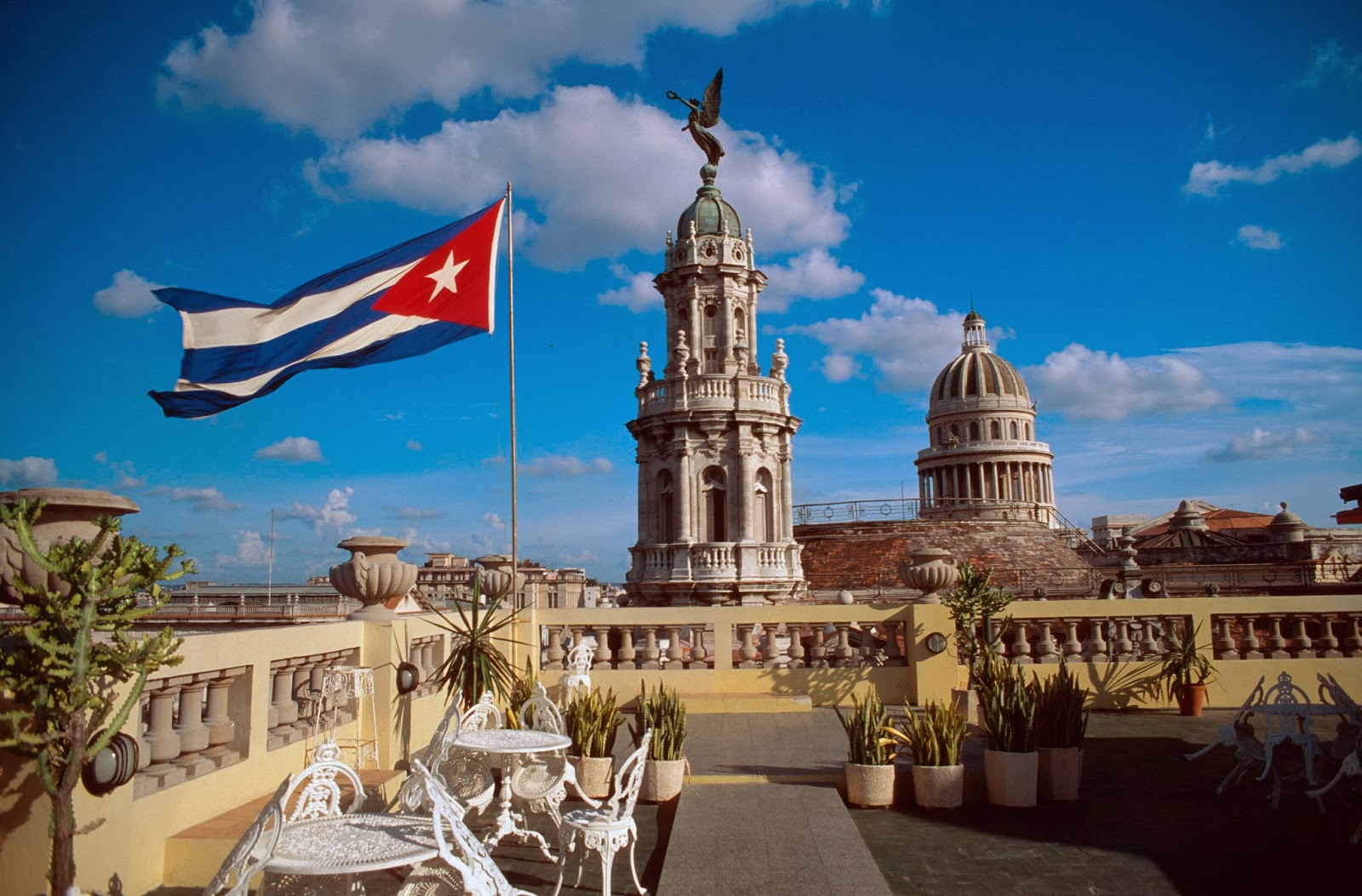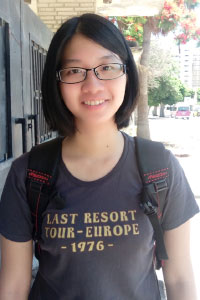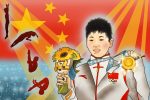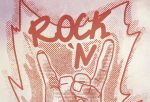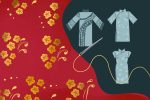Havana Nights
After visiting with a few other foreign-exchange students, I couldn’t help but notice how similar the country is to another communist nation.
By Jessie Yang, University of Hong Kong
During Spring Break, a few exchange students and I, all studying in the U.S. from Hong Kong, Taiwan or China, went on what proved to be a surreal trip to Cuba.
What I mean by “surreal” is the uncanny feeling of being trapped in time, a sense of nostalgia to the past. Once I got out of the airport, a full street of classic cars caught my attention. Along the way, old buildings in disrepair and graffiti of Che Guevara brought us into a nation different from the rest of the world, where communism was still alive and somewhat well.
“It’s like China in the 1980s,” my friend Cecilia said.
In our four-day journey, we could not access the internet, but it was this isolation from the outside world that allowed us to spend time understanding Cuban history and culture in depth.
The People
In tourist-favorite Havana, foreigners enjoy a life that is a far cry from what residents experience. My friends and I spent about 10 CUC, which is around 10 USD, on a regular meal, which is equivalent to the average salary for many local professions; even doctors only make about $32 a month.
In restaurants, tourists can dine on various seafood dishes, but locals, who are surrounded by the sea, can hardly get access to fish. Moreover, it is a luxury to have pork and beef, and despite searching two days for milk and butter for breakfast, we were never able to find any dairy products.
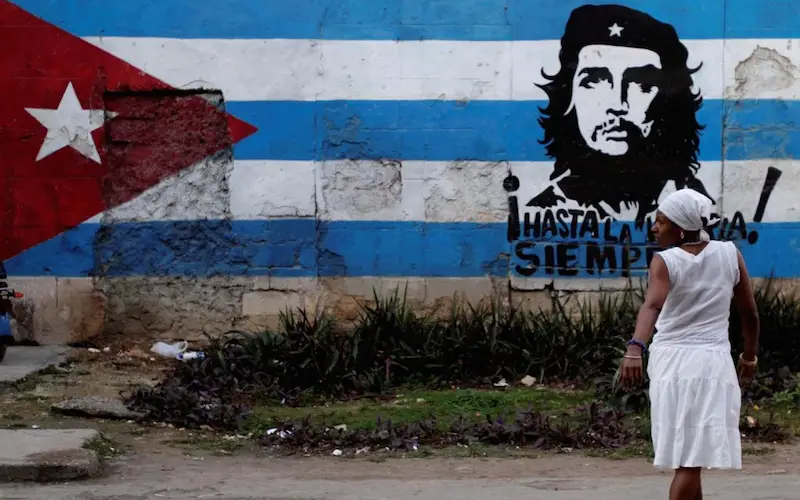
Near dawn on our way back to the hotel, we saw many people with the government-issued coupons waiting in line to get daily necessities, even though the government’s allotted quota was not enough for them to support themselves.
Our Airbnb host Barbara told us that people resort to black markets for resources, from electrical appliances to furniture and entertainment. Black markets wander in the grey area of the law, but they thrive on people’s material need. We got first-hand experience with the underground market, when we paid ten dollars for a Wi-Fi connection in a park to contact our friends and family.
“You will hear people complaining about the government and society on the street, but no one takes action to do anything,” Barbara says.
In a society that still practiced communism, it was hard to access any different information, but it was not completely isolated from the outside world. Much of younger generation is not satisfied with their quality of life and want something more; our host tells us that many plan to leave Cuba.
On our way to the Museum of Revolution, I said that I did not understand how a communist government could decide the quota of daily necessities for each person.
“Because the government calls themselves democratic, as if representing the people, but in fact, a few individuals in power are the ones who control the life and death of ordinary citizens,” my friend David explained.
Since Castro resigned, policies are changing and people have more freedom to travel out of Cuba, though its future remains uncertain.
“Under the rule of Castro for past decades, although it practiced communism, the society was stable,” said David.
History and Revolution
In a 1985 interview, a journalist asked Fidel Castro to respond to President Ronald Reagan’s characterization of him as a military dictator. Castro paused for a second to think, and said: “If his power includes something as monstrously undemocratic as the ability to order a thermonuclear war, I ask you, who then is more of a dictator, the president of the United States or I?”
The legendary figure who governed Cuba for nearly five decades passed away last year at the age of ninety. Since his victory in a revolutionary war in the 1950s, he survived numerous assassination attempts and embarrassed the U.S. at the Bay of Pigs in April 1961. His reputation as a revolutionary and socialist made him the symbol of defiance against western values.
My friend Cecilia mentioned that the museum seemed to glorify Castro, whereas the other revolutionary Che Guevara didn’t appear to receive as much attention. In one of the statues, Castro stood in the middle, raising his hand as if marching toward a fearless future; he outshined Guevara, who was on his left side. “History is all narration,” David said. “Those in power write history in their way.”
Reflection on Chinese Society
As we talked, my friends from China began to discuss the once-forbidden history of their country, and the similarities between the two nations.
“My dad always told me not to trust communist party,” Mike said silently. “He starved in the great famine. One time, my father went to his neighbor’s house, only to found them died of starvation.”
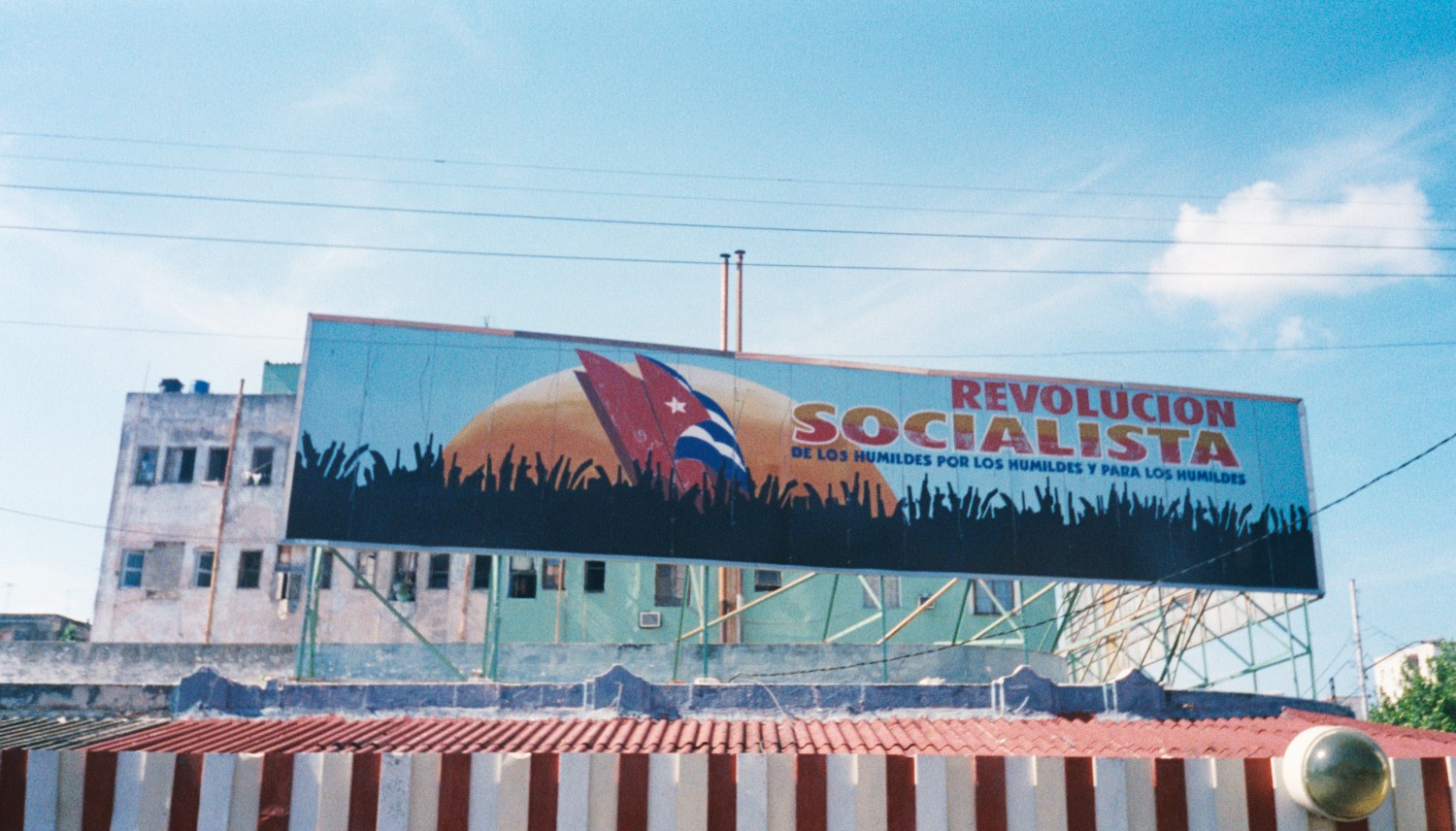
In China, the propagandistic government papered over the bleak reality of its people with platitudinous slogans like a “great leap forward” and “backyard furnace,” both of which helped ignore the desperate social conditions and blind misallocation of resources.
“Only communism can make such stupid policies, like when the Soviet Union planted corn in freezing Siberia,” Cecilia said.
In China, there is a growing freedom of speech, but news broadcast on CCTV is still a joke to many young people.
“The first ten minutes show us a daily schedule of government officials, and then how other countries are suffering in ordeals. Finally, the show ends in footage of prosperous Chinese society,” David said. I told him even Taiwanese media has full freedom; all I seen on TV are gossips, criticisms and unprofessional reporters.
Before we hopped into an old-fashioned Ford car, we asked Barbara what she thought of the future of Cuba. She said she was positive. “After all, hope is the only thing we have,” she told us.
On our way to the airport, we passed by ancient streets and students heading to schools. Regardless of the world outside, the nation lost in time seems to have preserved its culture well. Cuba’s tenacity stands proudly in its revolutionary history, as the country has a track record of facing the uncertain future with confidence. Whatever the future holds for Cuba, its people will be ready to face it.


